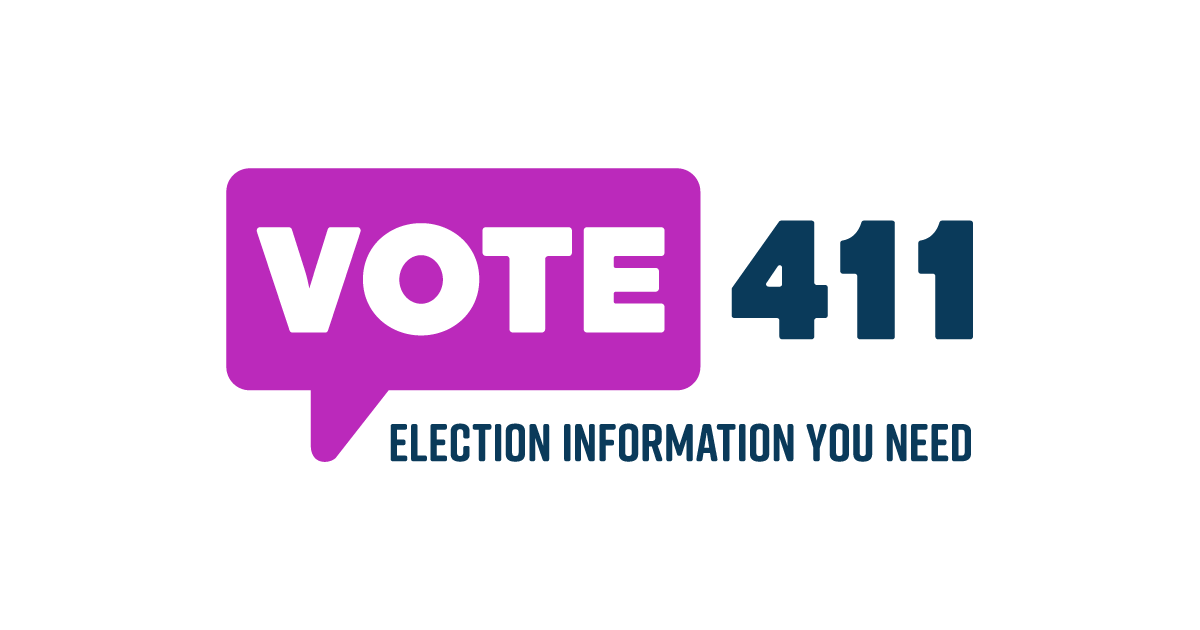District of Columbia federal voting rights - Wikipedia
Barack Obama, a Senate co-sponsor ... of DC residents. On January 6, 2009, senators Joe Lieberman of Connecticut and Orrin Hatch of Utah and D.C. Delegate Eleanor Holmes Norton introduced the District of Columbia House Voting Rights Act of 2009 (H.R. 157 and S. 160). On February 26, 2009, the Senate passed S. 160 by a vote ... Barack Obama, a Senate co-sponsor of the 2007 bill, said during his 2008 presidential campaign that as President he would continue to support the rights of DC residents. On January 6, 2009, senators Joe Lieberman of Connecticut and Orrin Hatch of Utah and D.C. Delegate Eleanor Holmes Norton introduced the District of Columbia House Voting Rights Act of 2009 (H.R. 157 and S. 160). On February 26, 2009, the Senate passed S. 160 by a vote of 61–37.In the House of Representatives, the District is represented by a delegate, who because of the constitutional provisions is not allowed to vote on the House floor but under House rules can vote on procedural matters and in congressional committees. D.C. residents have no representation in the Senate.In the 1950s, as part of the more prominent Civil Rights Movement, interest emerged in giving the District full representation. As a compromise, the Twenty-third Amendment was adopted in 1961, granting the District some votes in the Electoral College in measure to their population, but no more than the smallest state.In 1980, District voters approved the call of a constitutional convention to draft a proposed state constitution, just as U.S. territories had done before their admission as states. The proposed state constitution was ratified by District voters in 1982 for a new state to be called "New Columbia", but Congress has not granted statehood to the District.






